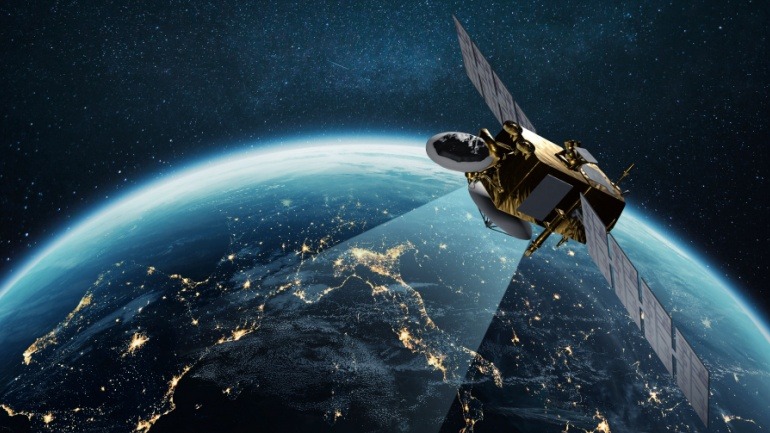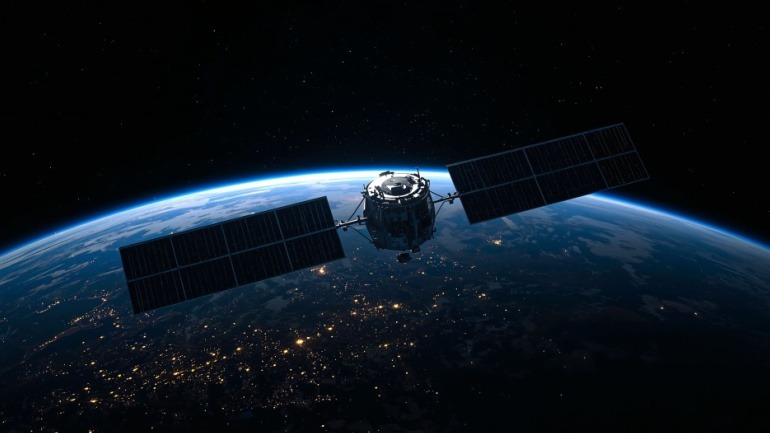The European Union has taken a major step toward building its own satellite broadband network, IRIS² (Infrastructure for Resilience, Interconnectivity, and Security by Satellite), signing a concession contract to bring the project to life. Designed to compete with Elon Musk’s Starlink, the ambitious constellation will provide secure communications and broadband coverage across Europe and Africa.
With a total budget of €10.6 billion, public funding will contribute €6.5 billion, including €550 million from the European Space Agency’s (ESA) Partnership Projects, while private industry will cover the remaining €4 billion. ESA stated that the constellation will feature around 300 satellites, positioned in both Low Earth Orbit (LEO) for low latency and Medium Earth Orbit (MEO) for broader coverage.
The SpaceRISE consortium, led by Eutelsat, SES, and Hispasat, estimates the network will consist of approximately 290 satellites and begin operations by 2030 under a 12-year agreement. The European Union Agency for the Space Programme (EUSPA) emphasized IRIS²’s role in delivering secure communication to European governments, businesses, and citizens. It will eliminate dead zones across Europe and Africa with resilient, ultra-secure systems and advanced quantum cryptography via the European Quantum Communication Infrastructure (EuroQCI).
The project comes amid the EU’s efforts to secure independent access to satellite communication as global connectivity becomes a critical strategic asset. While existing systems like Starlink dominate LEO, the EU aims to reduce dependency on third-party providers.
Eutelsat’s involvement is particularly notable, as it merged with OneWeb—operator of a 630-satellite broadband constellation—in 2022. Questions remain about whether OneWeb’s technology will play a role in IRIS². Nonetheless, the EU’s push highlights its commitment to building sovereign, secure space infrastructure for the future.







